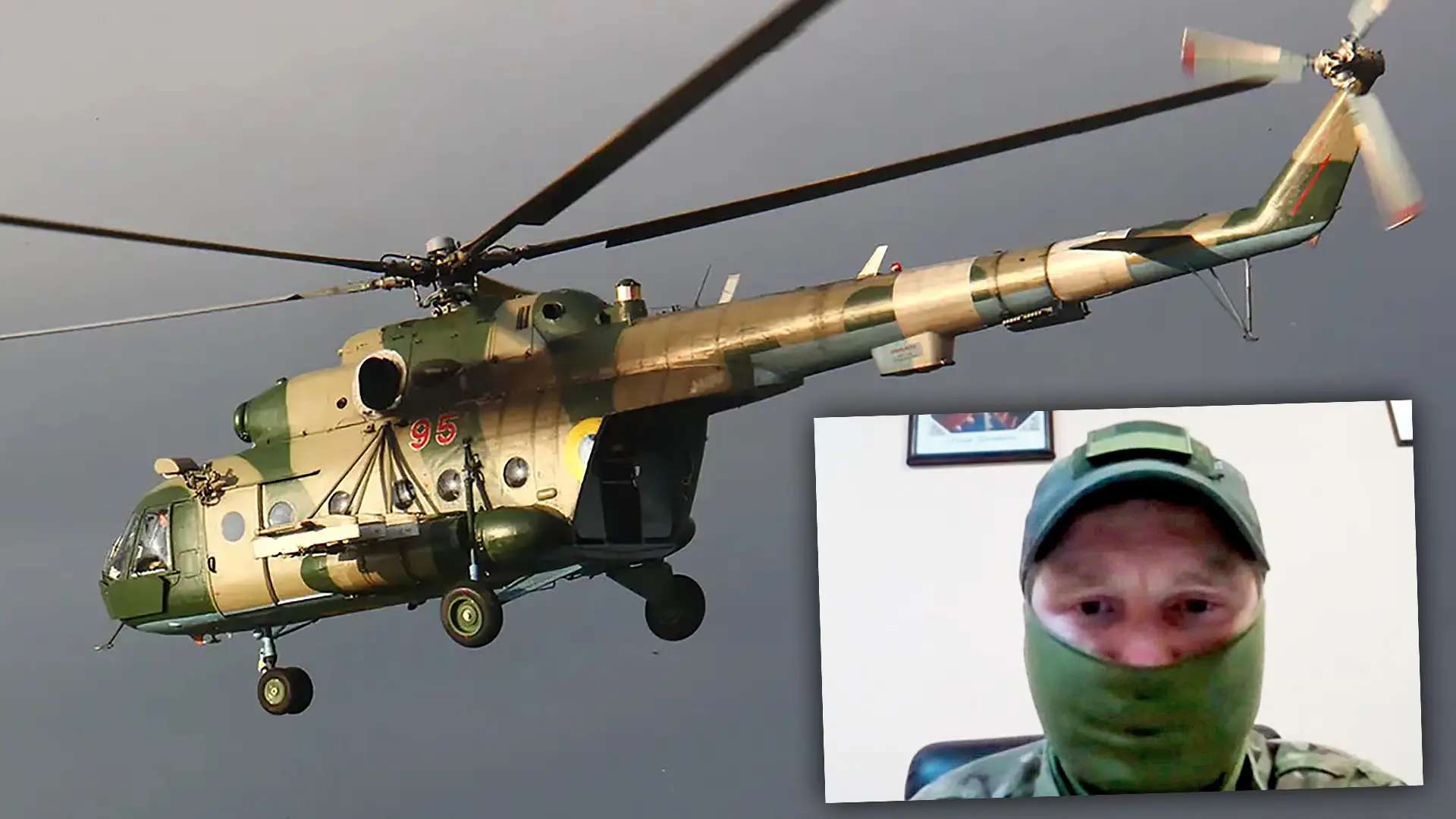 ‘Flint’ call-sign, a participant of the operation, has told The WARZON" about the details of providing air assistance to Azovstal defenders
‘Flint’ call-sign, a participant of the operation, has told The WARZON" about the details of providing air assistance to Azovstal defenders
For weeks, the defenders of the Azovstal steel plant in the port city of Mariupol had been under siege by russian forces. They were running low on ammunition, food, and medical supplies and the numbers of badly wounded rose daily.
Under such conditions, the Defence Intelligence of Ukraine has prepared a plan to provide assistance to Azovstal defenders with the use of helicopters. American journalists assessed this plan as was audacious and potentially disastrous.
“The importance of this flight was the fact that a lot of people looked at this operation as an impossible one, so we wanted to show other pilots and servicemen that it was possible,” a representative of the Defence Intelligence of Ukraine with a callsign ‘Flint’ told The WARZONE in an exclusive interview.
All participants of the operation were fully aware of the danger. In order to load more payload for Azovstal defenders, the helicopters were disarmed to reduce its weight.
Given the impossibility of a completely concealed operation to mislead the enemy, a complex operation was carried out to misinform the enemy.
Understanding a significant risk of the operation, several pilots refused to take part in it. But the first pilot who agreed had a deep personal reason.
“The main reason he agreed to do it was the fact that his wife was a combat medic at Azovstal steel plant. She worked with heavily wounded warriors and the key task during the first flight was to evacuate heavily wounded soldiers, as well as her from the territory pf the plant,” Flint said.
Getting to Azovstal was no easy task. Flying fast and low over changing terrain with mountains and obstacles like trees and telephone wires required a great deal of pilot skills. In some cases, flights were carried out at night with the using night vision devices, which required pilots to have relevant experience to use them.
It's absolutely special emotions when you hand over the wounded to the doctors and you understand that you did something that's totally impossible. You feel proud and happiness about your people," Flint recalled his emotional state upon landing.
But subsequent flights became increasingly difficult, as the russians began strengthen its air defences.